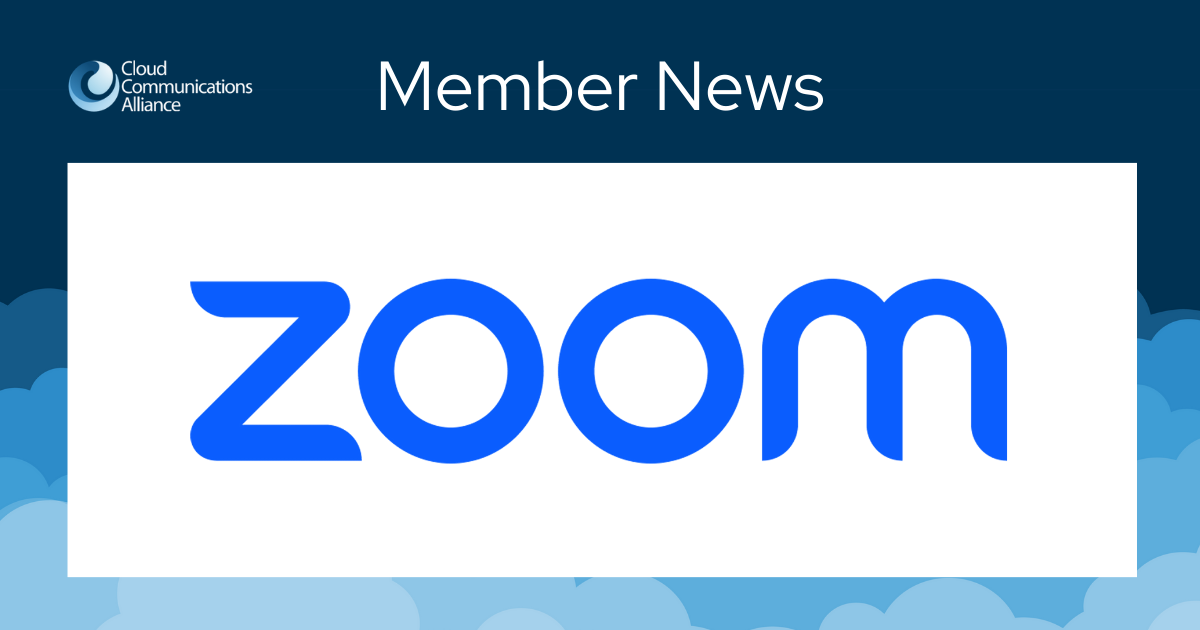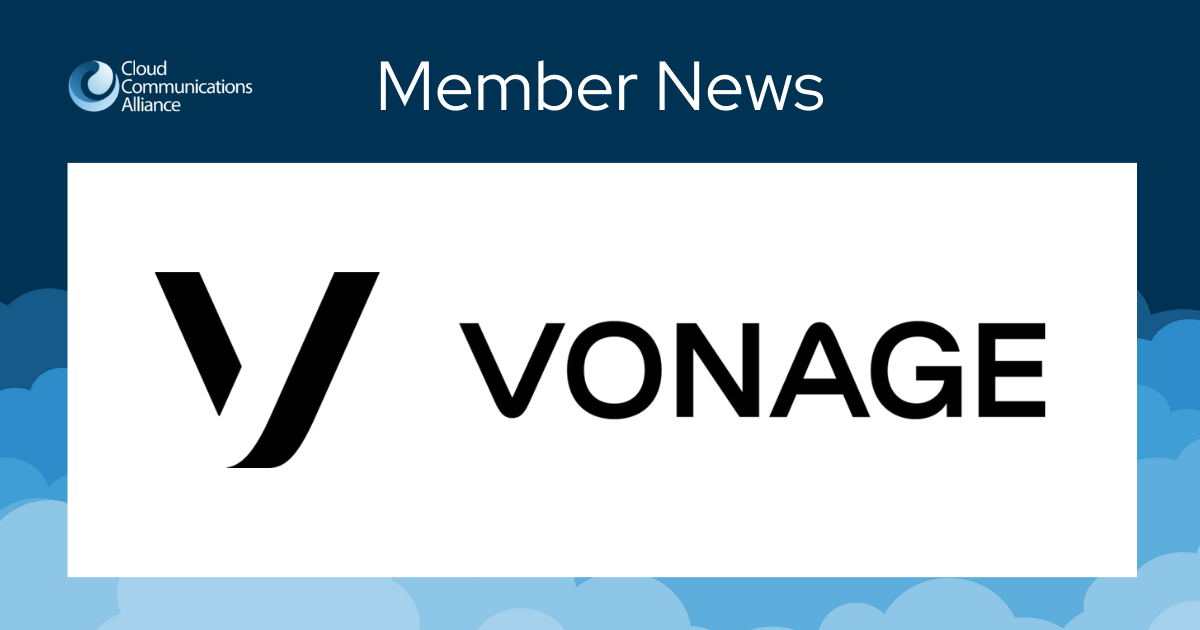First CRTC STIR/SHAKEN Status Reports Due May 31, 2022, from All Canadian TSPs

All Telecommunications Service Providers (TSPs) in Canada must fully implement STIR/SHAKEN as a condition of providing or offering service. On May 31, 2022, impacted TSPs must submit their first post-implementation STIR/SHAKEN status report.
CRTC STIR/SHAKEN Requirements Cover All TSPs
CRTC Decision 2021-123, which requires Canadian TSPs to implement STIR/SHAKEN to authenticate and verify caller ID information for IP-based calls “on whatever IP portions of the network exist,” including any portion of a TSP’s network “able to initiate, transit, or terminate IP-based calls,” does not exclude reseller TSPs that do not own underlying network infrastructure and rely on underlying providers for STIR/SHAKEN implementation. Thus, all TSPs must comply with CRTC STIR/SHAKEN requirements, including submitting the first status report by the end of this month.
Because status reports are published online by the CRTC once filed, TSPs should consider whether to submit both confidential and abridged, public versions.
Optional SPC Token and STI Certificate Applications Allow TSPs Implementing STIR/SHAKEN More Control Ensure Level A or B Attestation
While not mandated by the CRTC, TSPs can also now submit an application to obtain a Secure Provider Code (SPC) Token from the Canadian Secure Token Governance Authority (CST-GA). SPC Tokens will, in turn, allow these TSPs to access Secure Telephone Identify (STI) Certificates, necessary for TSPs to sign their own traffic for higher (Level A or B) attestation, rather than relying on a third-party.

